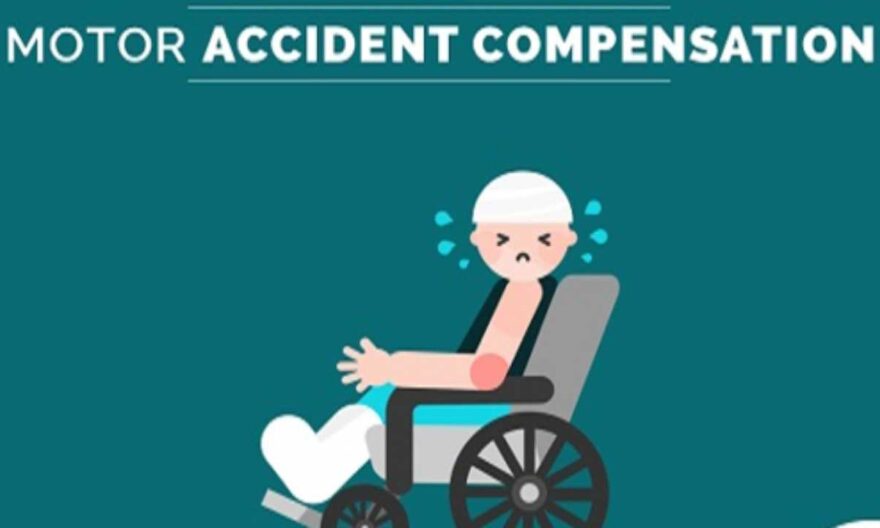
The Supreme Court recently highlighted the importance of considering the nature of work performed by an injured person when evaluating the physical disability resulting from a motor accident for the purpose of compensation.
A division bench comprising Justice Abhay S. Oka and Justice Rajesh Bindal emphasized that the impact of the same injury can vary depending on the nature of the individual’s occupation.
The case involved an appellant who suffered an accident leading to the amputation of his right lower limb. Prior to the accident, he worked as a gunman for Bharat Hotels, but was terminated following the injury. The Motor Accident Claims Tribunal awarded him compensation of ₹34,29,800, considering his functional disability at 100% in relation to his occupation. However, the insurance company appealed the decision before the Delhi High Court, which reduced the compensation to ₹30,37,595, assessing the loss of earning capacity at 80%.
The appellant argued that his functional disability should be considered at 100% and that the reduction to 80% was unjustifiable, as he lost his job due to the accident. The insurance company contended that there was an error in the Tribunal’s calculation, which was rectified by the High Court based on the disability certificate indicating a permanent physical disability of 85%.
Setting aside the High Court’s order, the Supreme Court upheld the Tribunal’s assessment of the appellant’s functional disability at 100%. Considering his job as a gunman and the fact that he lost his employment due to the amputation, the Court ruled that the loss of earning capacity should not be reduced to 80% based on the High Court’s judgment. The appellant’s complete inability to fulfill his duties as a gunman justified the Tribunal’s decision.




